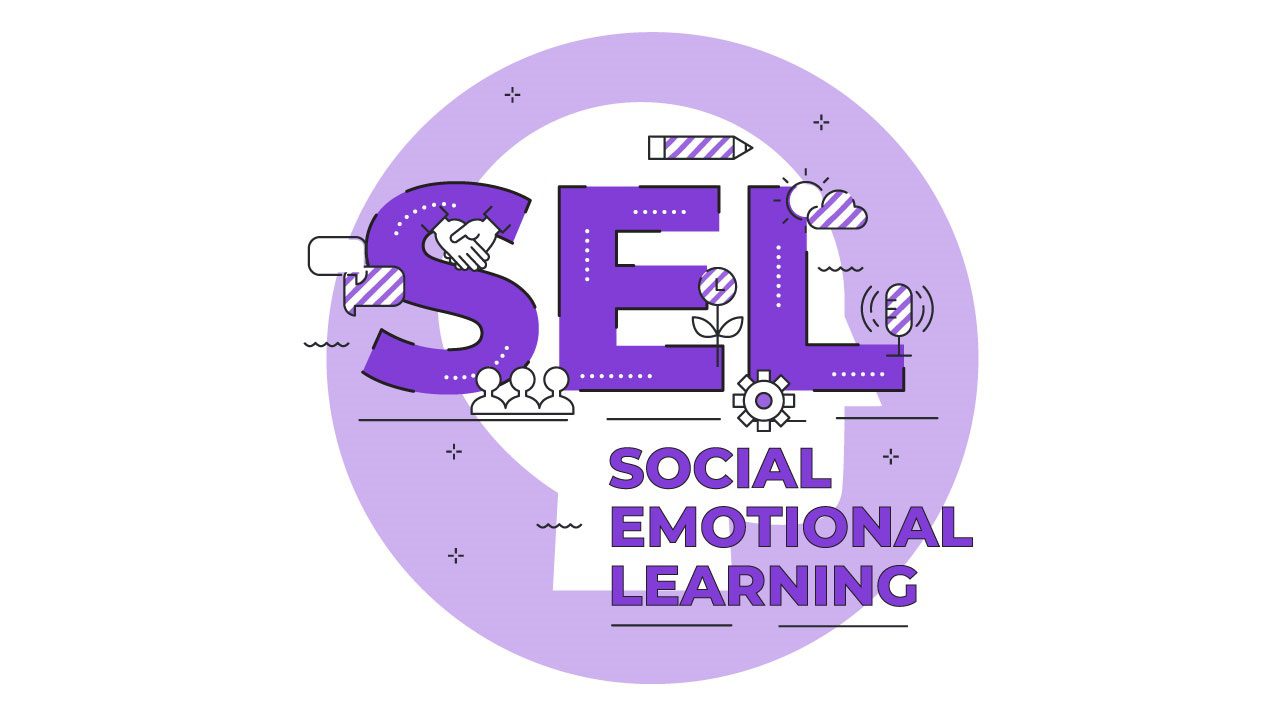8 Ways We’ve Unpacked Kids’ Cognitive Growth
From the moment a child is born, their brain begins a fascinating journey of growth. Deciphering the complexities of cognitive development—how children think, learn, reason, and make sense of the world—has been the focus of numerous researchers over the past century. One name that invariably stands out is Jean Piaget. However, beyond Piaget’s groundbreaking stages, modern theories have expanded our understanding. Here are eight ways these theories have shaped our grasp of cognitive development:

- Piaget’s Four Stages of Cognitive Development
Sensorimotor Stage (0-2 years): Infants interact with the world through sensory experiences and motor actions. Concepts like object permanence emerge.
Preoperational Stage (2-7 years): Children start to think symbolically, yet their reasoning is based more on intuition than logic.
Concrete Operational Stage (7-11 years): Logical thinking starts to form, but is typically limited to concrete events and objects.
Formal Operational Stage (12+ years): Adolescents begin to think abstractly, employ logical reasoning, and consider hypothetical scenarios.
-
Vygotsky’s Sociocultural Theory
Russian psychologist Lev Vygotsky emphasized social interaction’s role in cognitive development. He introduced the concept of the “Zone of Proximal Development” (ZPD), which represents the difference between what children can do alone and what they can achieve with guidance. -
Information Processing Theory
This model likens the human mind to a computer, focusing on how we process, store, and retrieve information. It offers insights into cognitive tasks like attention, memory, and problem-solving. -
Core Knowledge Theory
Proposed by Elizabeth Spelke, this theory suggests that children have innate knowledge in certain domains, such as understanding basic physics or the concept of numbers. -
Theory of Mind
By around age 4, most children begin to realize that other people might have beliefs, desires, and intentions different from their own. This realization plays a crucial role in social interactions. -
Neuroconstructivism
This is a perspective focusing on how cognitive development is influenced by neural changes over time. It bridges neuroscience with cognitive psychology, exploring the brain’s structural changes as learning occurs. -
Multiple Intelligences
Proposed by Howard Gardner, this theory posits that intelligence isn’t just about logic or languages. Gardner identifies several types of intelligence, including musical, spatial, and interpersonal, asserting that children might excel in one area while struggling in another. -
Moral Development Theories
While not strictly cognitive, Lawrence Kohlberg’s stages of moral development explore how children’s sense of right and wrong evolves. This progression, in turn, influences their cognitive and social behaviors.
Understanding cognitive development helps educators tailor learning experiences, parents support their child’s unique growth trajectory, and society appreciate the intricacies of human development. While Piaget laid an essential foundation, the mosaic of cognitive development theories offers us a richer, more nuanced picture of childhood growth.



